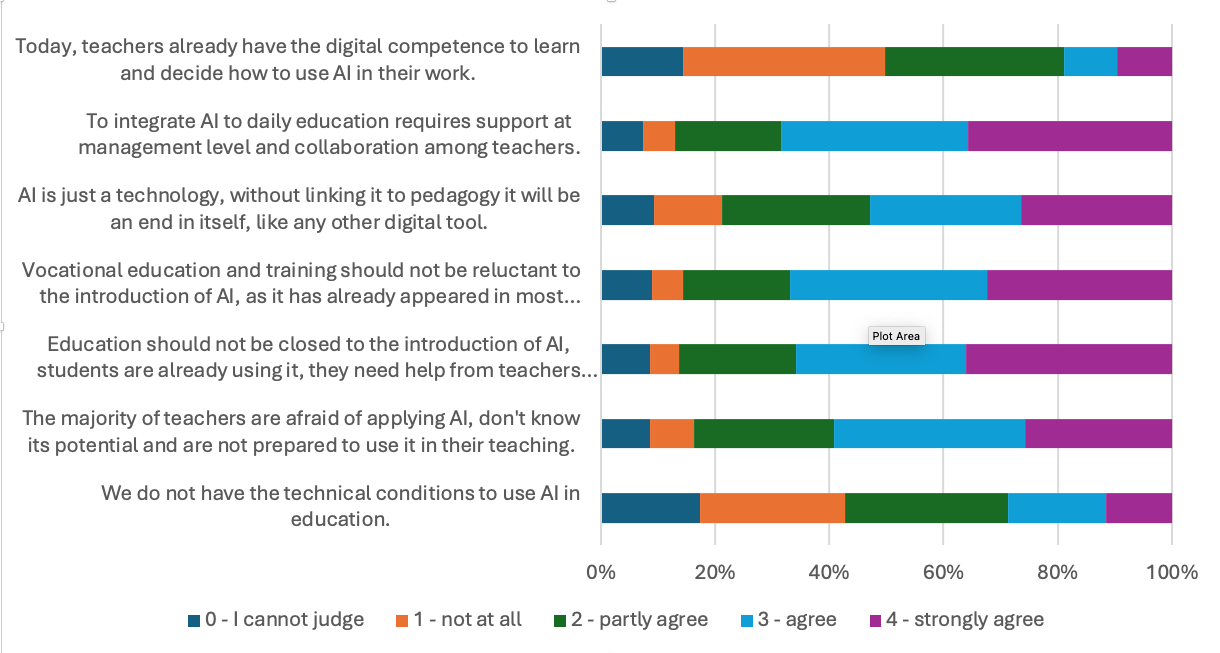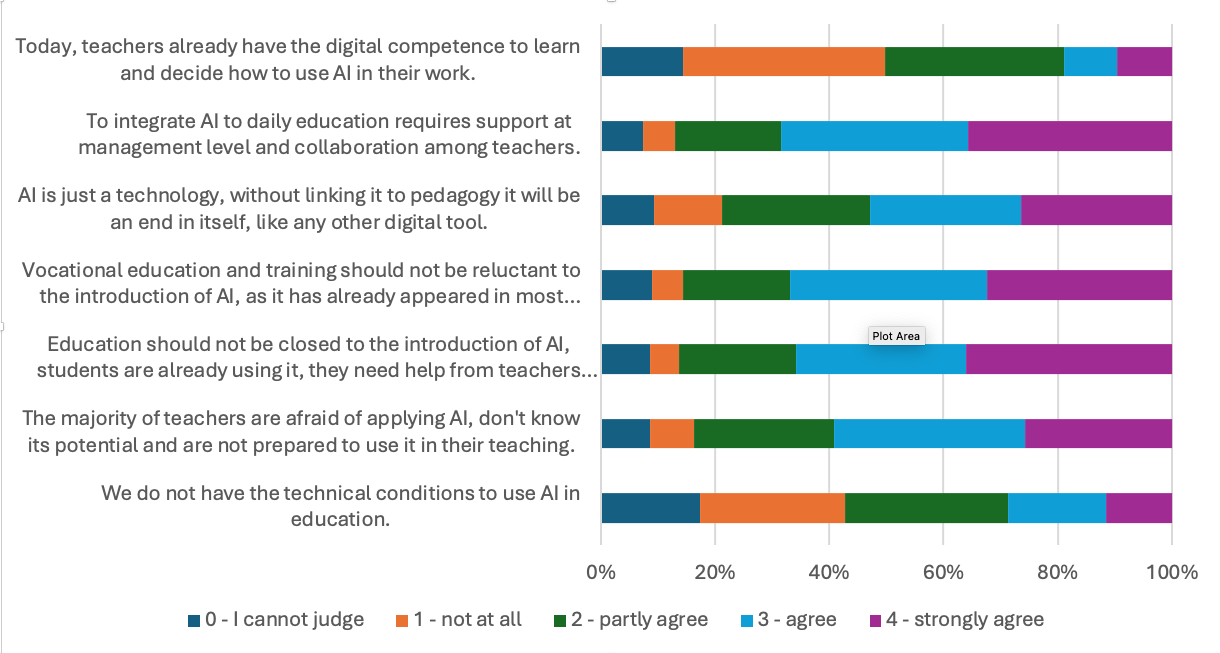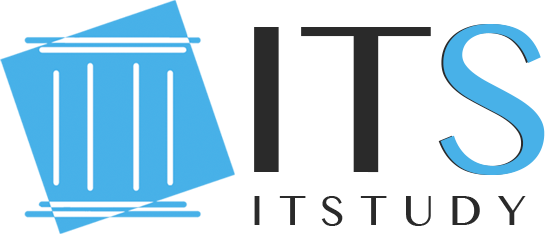
W.E.S.T. – Women Entrepreneurs Supporting Tribune
The W.E.S.T. project aims to equip women entrepreneurs with the basic skills in strategic planning, finance, human resource management and marketing that will help them to run their businesses successfully in the long term.
Although there are more women than men in Europe, women entrepreneurs account for only a third of self-employed people. There are factors (such as reconciling work and family) that make entrepreneurship less attractive for women.
The European Commission is working with Member States to overcome these barriers and encourage more women to start their own businesses.
Under the W.E.S.T. project, we are developing a platform of interactive multimedia modules that will be tested by at least 400 women entrepreneurs in Bulgaria, Hungary, Italy and Turkey before being made available to the general public.
There are also many online platforms that support women and entrepreneurs, but they tend to offer one-way support without real cooperation. Their main aim is typically to motivate and direct entrepreneurs to investors. However, this type of online assistance is not at all widespread in public bodies.
The task of the international project team is to study and analyse the situation of women entrepreneurs in the partner countries. Then, taking into account the needs identified, the partnership will develop an online platform with attractive, targeted and rich content, using tools such as:
- open courses, e-learning modules;
- information on the different applications in each country;
- networking, cooperation;
- opportunities for peer learning;
- first-hand expert advice with reliable information;
- inspiring success stories;
- open document on women entrepreneurship;
- news on new regulations and events.
The aim is to create an innovative platform that offers a wide range of services, from general information through e-learning modules to specialised professional consultations.
Project information
- ID: 2017-1- LV01-KA202- 035483
- Program: Erasmus+ KA-2
- Partner countries (and institutions): Turkey (Bursa Provincial Directorate of Social Security – coordinator; İŞKUR – Turkish Employment Agency; BUiKAD – Bursa Businesswomen and Executives Association; Bursa Teknik Üniversitesi), Hungary (iTStudy Hungary Számítástechnikai Oktató- és Kutatóközpont Kft.), Bulgaria (Selena Association of Women Entrepreneurs), Italy (Consorzio Materahub)
- Duration: 1 December 2017 – 31 May 2020

Project news
The project starts in September of 2025. We share here the results of our preliminary research in 2024 aimed to get clear evidence, that there is a strong need for guiding vocational teachers to understand the basic concepts of artificial intelligence and to equip them with the knowledge and skills to effectively integrate artificial intelligence (AI) into their teaching.
As part of the proposal development process, the project partnership conducted an online survey to assess vocational teachers' readiness, attitudes, and needs related to the integration of Artificial Intelligence (AI) in education.
Survey period: 17–23 July 2024 Platform: EU Survey portal Sample size: 269 valid responses Countries represented: Hungary (29.89%), Italy (35.06%), Spain (21.77%), Lithuania (12.18%) Gender distribution: 56.83% female, 42.44% male Educational background: 68.27% held a master’s degree (MSc), but only 9.96% had vocational qualifications Teaching experience: 73% had over 11 years of experience |
The primary objective of the survey was to validate the following preliminary assumptions:
Vocational teachers often face uncertainty and hold misconceptions about AI.
Teachers acknowledge the increasing importance of AI in the labor market and recognize the need to adapt accordingly.
Although students are already engaging with AI technologies, many teachers feel unprepared to incorporate them into their teaching practices.
Educators show a willingness to adopt AI in the classroom but require targeted professional development to do so effectively.

MAIN CONCLUSIONS
Teachers expressed both optimism and caution regarding AI’s role in education. While 43% agreed that AI is essential for the labor market, over 50% believed that most teachers are not yet prepared to integrate AI into their classrooms. Furthermore, teachers stressed that effective AI integration requires managerial support and teacher collaboration.
The survey results clearly justify the relevance of the project’s aims, confirming that vocational teachers need targeted support to understand and apply AI in their teaching and that there is strong interest in student-centered, AI-integrated methodologies aligned with labor market demands.
More details in the document: Secondary School Teachers' Attitudes Toward AI Integration in Teaching - Survey across four European countries.
Information: maria.hartyanyi@itstudy.hu
